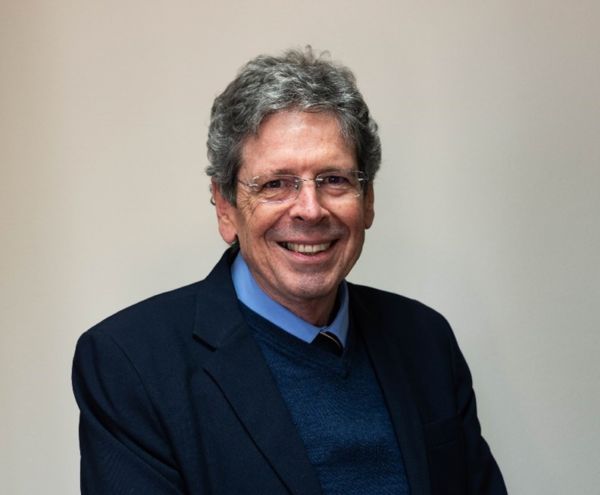Akademia establishes the NP van Wyk Louw Centre
Written by Prof. Danie Goosen, Academic Head of Akademia
From the eighteenth century onwards the modern era was characterised by various revolutions which crashed over our world like tidal waves. In a certain sense the French Revolution of 1789 marked the start of this period which was followed by (mostly with heightened intensitiy) revolutions such as the Russian Revolution of 1917, the Chinese Revolution from the 1940s, the anti-colonial revolution from the 1950s, the student revolution of the 1960s, the anti-apartheid revolution from the 1970s, the postmodern revolution from the 1980s and the woke revolution at universities of the 1990s.
Each one of these revolutions had far-reaching consequences not only for culture and politics, but also for the global university system in general. Herewith a few examples in this regard:
- The modern revolutions, often against the initial intention of the revolutionists, led to oppressive forms of equalisation , a disregard of freedom, violence and tiranny – also at universities.
- These revolutions gave way to the isolation of the Western persona from his past. In the eyes of the revolutionist the past is pernicious. This view must be rejected. The latter is summarised by the slogan which Jesse Jackson, the American activist leader and preacher, shouted on the campus of the University of Stanford in 1987: “Hey, Hey, ho, ho, Western Civilization has got to go”.
- When bidding farewell to the past in this manner, an important condition for the preservation of intellectual and university life is destroyed, namely the “living conversation” with the spiritual and intellectual sources from the past. Instead of taking the ‘beauty’ from the past and building forth on it, the Western persona is limited to the ‘here and the now’ – a person without a past but also without a clear future perspective.
A final consequence, is the fact that the important principle of ‘equality’ is absolutised by the revolutionists and is henceforth removed from the very core of theology and the law (‘in the eyes of God and the law everyone is equal’). The result threreof is destructive because universities are not truly linked to intellectual equality, but to the aristocratic aspiration of higher ideals like the truth, goodness and beauty.
The big historical question, which has been posed to the Western world since the eighteenth century, is how to respond to the various revolutions?
Luckily we do not have to repeat all the perspectives linked to this question. For our purposes we refer to the viewpoints that Akademia, alongside various other influential figures from within the Afrikaans culture share in regards to the act of revolution. One such a thought leader is NP van Wyk Louw, a renowened Afrikaans poet and philosopher. Louw’s thoughts depict in many respects enligthened ideas in response to the revolutionary history:
- In his work, Louw does not cut himself off from the past like the revolutionarist but advocates for an ongoing discussion regarding the spiritual, cultural and intellectual sources from the past. For Louw such a conversation is the precondition for a living culture.
- Louw renders a plea for a “deeper right”. The latter can then be regarded as an answer to the equalisational projects of the revolutionarist. However, this right does not equalise everyone and therefore does not rob humanity of its freedoms but rather serves as a vehicle through which everyone comes into his/her own.
- Louw is – against the revolutionary spirit of equalisation – linked to the aristocratic aspiration of the truth, the good and the beautiful. The latter aspiration respresents the very life blood of the classical university system.
Louw is not against change, but he is against change that is only carried out for the sake of change.
This year, Akademia will introduce the NP van Wyk Louw Centre. The Centre will function as a hub of idea generation within Akademia. It will furthermore be responsible for the cultivation of a true classical education (character formation) at the institution.
If we want to summarise the ethos of classical education succinctly: it is the restoration of intellectual freedom, the critique of the equalisation projects associated with the revolutionary era, and an advocacy for justice. Within this strive everyone can develop into their own, and the connection to and discussion of the big sources within our spiritual, religious, intellectual, legal and political sources are ensured.
Such a discussion gives way to a prosperous, innovative and living future. Ad futurum per fontes.

